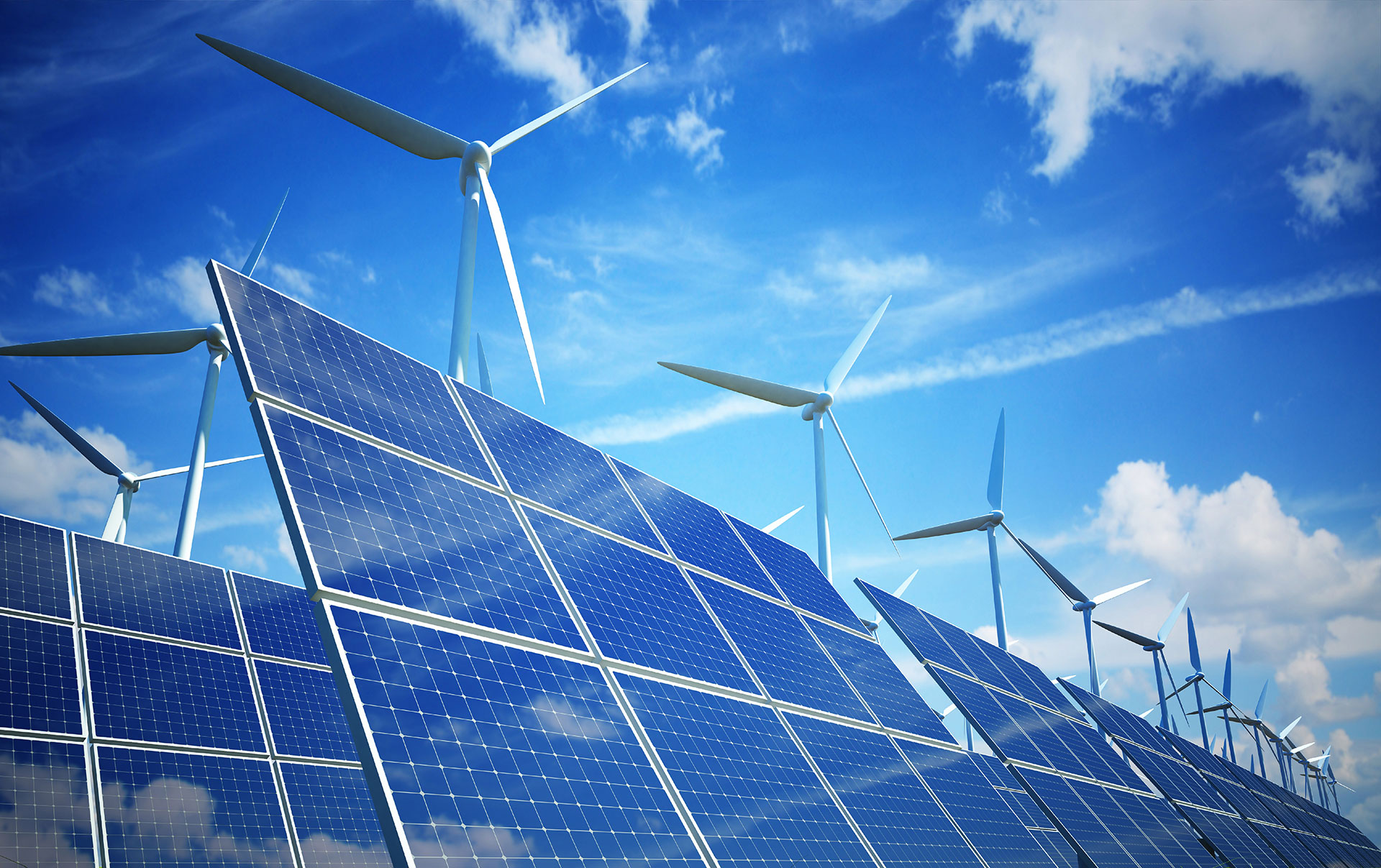How we grow food determines who can eat and who cannot—no matter how much we produce.
People yearn for alternatives to industrial agriculture, but they are worried. They see large-scale operations relying on corporate-supplied chemical inputs as the only high-productivity farming model. Another approach might be kinder to the environment and less risky for consumers, but, they assume, it would not be up to the task of providing all the food needed by our still-growing global population.
Contrary to such assumptions, there is ample evidence that an alternative approach—organic agriculture, or more broadly “agroecology”—is actually the only way to ensure that all people have access to sufficient, healthful food. Inefficiency and ecological destruction are built into the industrial model.
https://www.commondreams.org/views/2018/01/12/farming-small-planet




